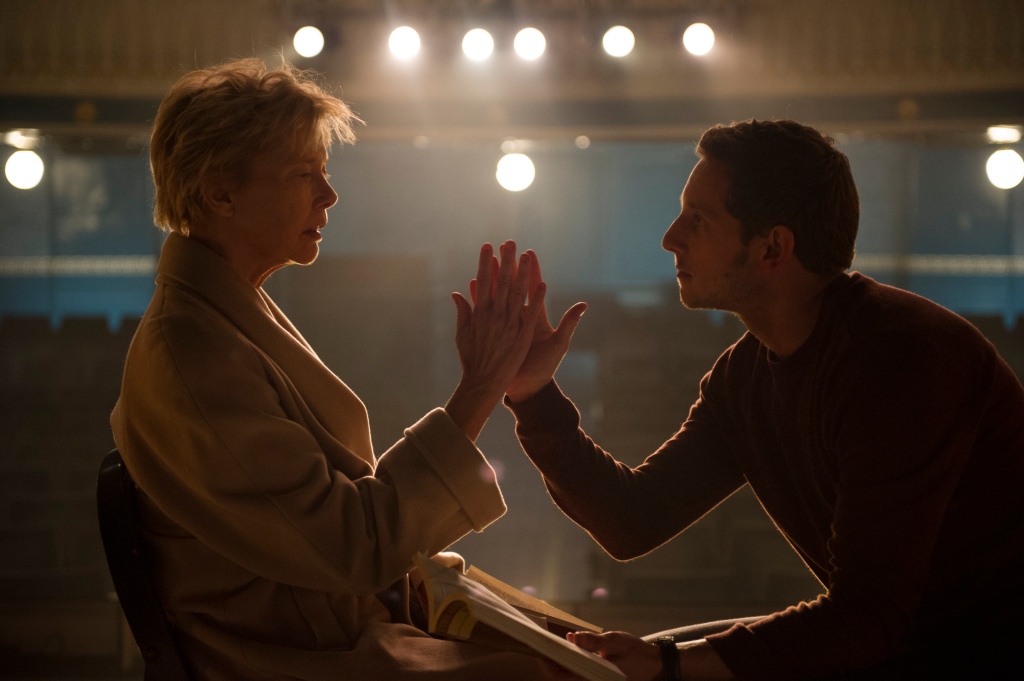 This strange but charming film concerns a deliberately unfaithful wife and her equally forgiving husband. I suspect that the film may have been quite controversial for the time, notably because of its blithe treatment of infidelity in the bourgeois class. Casting Deborah Kerr as the wayward wife certainly helped me be more sympathetic for an essentially unsympathetic character, as was casting an oily and slick Robert Mitchum as her lover. Cary Grant, who originally turned down the part, brings his unflappable dignity to the role of the husband – one cannot call him cuckolded, as he runs his half of the relationship with a sure hand. One can’t help but cheer him on as he brings humor, sadness, jealousy and just enough seriousness to the role. The film is saved from sentimentality and heavy-handed moralizing by the equally sure hand of the director Stanley Donen, who doesn’t take the little foibles of the bourgeois class too seriously. It’s fitting that the film is partly scored by Noël Coward, the British über-chronicler of the privileged class.
This strange but charming film concerns a deliberately unfaithful wife and her equally forgiving husband. I suspect that the film may have been quite controversial for the time, notably because of its blithe treatment of infidelity in the bourgeois class. Casting Deborah Kerr as the wayward wife certainly helped me be more sympathetic for an essentially unsympathetic character, as was casting an oily and slick Robert Mitchum as her lover. Cary Grant, who originally turned down the part, brings his unflappable dignity to the role of the husband – one cannot call him cuckolded, as he runs his half of the relationship with a sure hand. One can’t help but cheer him on as he brings humor, sadness, jealousy and just enough seriousness to the role. The film is saved from sentimentality and heavy-handed moralizing by the equally sure hand of the director Stanley Donen, who doesn’t take the little foibles of the bourgeois class too seriously. It’s fitting that the film is partly scored by Noël Coward, the British über-chronicler of the privileged class.
The bright spot in the film is Jean Simmons as the family’s doubly-complicit friend Hattie, clad head-to-toe in Christian Dior and swilling gin cocktails with charming insouciance.
The Grass is Greener. Dir. Stanley Donen. Granson Productions, Ltd, 1962.




Leave a comment